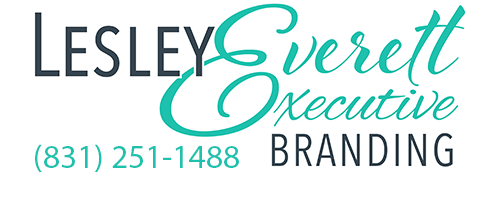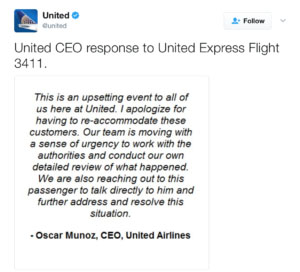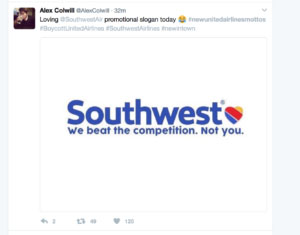

In branding and PR, it is common knowledge that it is never what happens to you, but how you handle it that matters (and gets remembered). This is a lesson that perhaps United Airlines boss, Oscar Munoz, should heed right now.
Munoz, who was named the United States Communicator of the Year by PRWeek just last month, made a costly amateur mistake in choosing not to apologize after a now-viral video was released in which a 69-year-old passenger was seen being aggressively dragged off of a plane (bleeding) after he refused to deplane on an overbooked the flight.
In his first statement released via Twitter, the CEO offered no remorse for the ways the passenger was treated and no acknowledgement of ill-treatment. Worse, he revictimized the victim calling the doctor “belligerent”.

The unapologetic response was met with anger on social media with consumers demanding justice and encouraging boycotts as well as with brand-eroding trending hashtags such as #NewUnitedAirlinesMottos accompanied by statements such as “Now offering BOTH red eye and black eye flights.”

Millennials, a group who largely share thoughts in online memes shared ones created to the benefit of competitors such as Southwest while actual competitors such as Emirates took the opportunity to slap Munoz on the hand for calling them fake airlines a month before.

Though Munoz put out two more statements (the third resembling something more of an apology), the damage to this brand has been done.
Munoz had an opportunity to simply say sorry and acknowledge the devastating effect he’s had on a paying (and possibly loyal customer) and many others, but he chose to ignore this, making the situation much worse and creating a wave of negative social and broadcast media hype further damaging the United Airlines brand.
By not offering an immediate heartfelt apology, the brand is now seen as one that is judgemental, uncaring, aggressive and dangerous.
When a key factor in employee engagement is having pride in the company I work for and its leaders, this will no doubt have negative impact on engagement levels too, not to even mention employer brand and attracting and retaining the right talent to the business!
In an age where consumers consider only brands with “shared values” that they can trust and respect, this will no doubt prove to be a long-standing problem for the airline, and it started today. The holding company’s value dropped nearly $1 Billion yesterday What do you think of United’s response?

Richard McCann - Reply -
Completely agree Lesley. Succinctly put.
Lesley Everett - Reply -
Thanks Richard. I find it incredible that some CEOs are still not getting the negative impact they have on the brand by handling situations like this with such a lack of sensitivity.